

Data Harmony Webinar Report
Hannah Gaimster, PhD
21st September 2023
Introduction
Lifebit recently hosted a webinar on 'Data Harmony,' exploring the significance of high-quality, standardised data for downstream analysis to allow new scientific discoveries and enhance patient outcomes.
The webinar emphasised the need for organisations to agree on common data models (CDMs) for performing health data transformation and the requirement for end-to-end solutions to access and evaluate health data securely.
Experts in artificial intelligence (AI), data access and policy, and genomics joined the webinar to discuss their valuable perspectives and experiences of health data standardisation.
Professor Pearce Keane: Using high-quality, standardised datasets and AI to target eye disease

Professor Keane, Consultant Ophthalmologist at Moorfields Eye Hospital and Professor of AI at UCL, discussed his groundbreaking research on eye disease. He highlighted how important securing access to high-quality, standardised images was to his work.
He also discussed his hot-of-the-press work (published just the day before!) that utilised standardised retinal image data. Pearce and his collaborators developed RETFound, a foundation model for retinal images that learns generalisable representations from unlabeled retinal images.
This research showed that RETFound consistently outperforms other models in diagnosing and prognosis of sight-threatening eye illnesses. Furthermore, it showed that it can help predict the onset of diseases such as heart failure.

Featured resource: A foundation model for generalizable disease detection from retinal images
Professor Keane left us with his thoughts on future opportunities for his work- highlighting how powerful this AI approach could be when used alongside federated learning approaches. We can’t wait to see what boundary-pushing research he does next- all powered by standardised data access.
Dr Paola Quattroni: Unifying and standardising the use of health data across organisations

Dr Quattroni, Head of the UK Health Data Research Alliance, shared with us how many European countries are beginning to utilise CDMs but also the challenges in driving the adoption of CDMs, such as Observational Medical Outcomes Partnership (OMOP), when different stakeholders have different priorities and views on CDMs.
She presented some key findings from Health Data Research UK’s recent survey conducted to generate insights on the adoption of OMOP, sharing that whilst many respondents had used or planned to use OMOP, some barriers still remain that hinder its full adoption.
Dr Quattroni concluded by highlighting the popularity of OMOP as a CDM across the globe whilst stressing the need for collaboration across organisations, academics and technology companies to ensure maximum benefits can be gained from health data standardisation.
Dr Pablo Prieto Barja: Using common data models to standardise data and accelerate research
Dr Prieto Barja, Co-Founder and Chief Technology Officer at Lifebit, spoke in detail about how CDMs can harmonise datasets and ultimately enable collaboration to accelerate research.
He highlighted the challenges surrounding data analysis on non-standardised datasets- citing that data scientists can spend as much as 80% of their time cleaning and preparing data ready for analysis!
Pablo spoke about how CDMs are a promising solution to transforming health datasets into interoperable formats. He also discussed the key benefits researchers and organisations can gain by standardising their research datasets.
He also presented two key use cases where Lifebit has enabled health dataset standardisation for our partners. Firstly, in an EHDEN-funded project to standardise Genomics England’s datasets to OMOP.
Secondly, he highlighted how by first standardising datasets to OMOP, Lifebit could enable trusted research environments (TREs) of the National Institute for Health and Care Research (NIHR) Cambridge Biomedical Research Centre (BRC) and Genomics England to ‘talk to each other’ to enable researchers to safely access and work with both databases without moving original data via federation.

Featured resource: Lifebit's approach to data standardisation
Dr Prieto Barja concluded by suggesting how data standardisation could be fully integrated into an end-to-end precision medicine solution, where data is collected, harmonised, securely accessed and analysed in a single platform. This can help accelerate research discoveries, maximise benefits, and optimise patient outcomes.
Summary
The webinar highlighted the importance of high-quality, standardised data for easy downstream analysis and collaboration to enable new scientific discoveries and improve patient outcomes.
To increase the utility of health data, standardised approaches to describing, categorising and curating data are critical in enabling researchers to query global data resources more quickly and efficiently.
[video here]
It also underscored the importance of organisations working to agree on CDMs to perform health data transformation and the need for end-to-end solutions to access and analyse health data securely.
Sign up for our newsletter to ensure you hear about the next webinar in our series!
About Lifebit
At Lifebit, we develop secure federated data analysis solutions for clients including Genomics England, NIHR Cambridge Biomedical Research Centre, Danish National Genome Centre and Boehringer Ingelheim to help researchers turn data into discoveries.
Interested in learning more about Lifebit’s federated data solution for genomics research?
Featured news and events
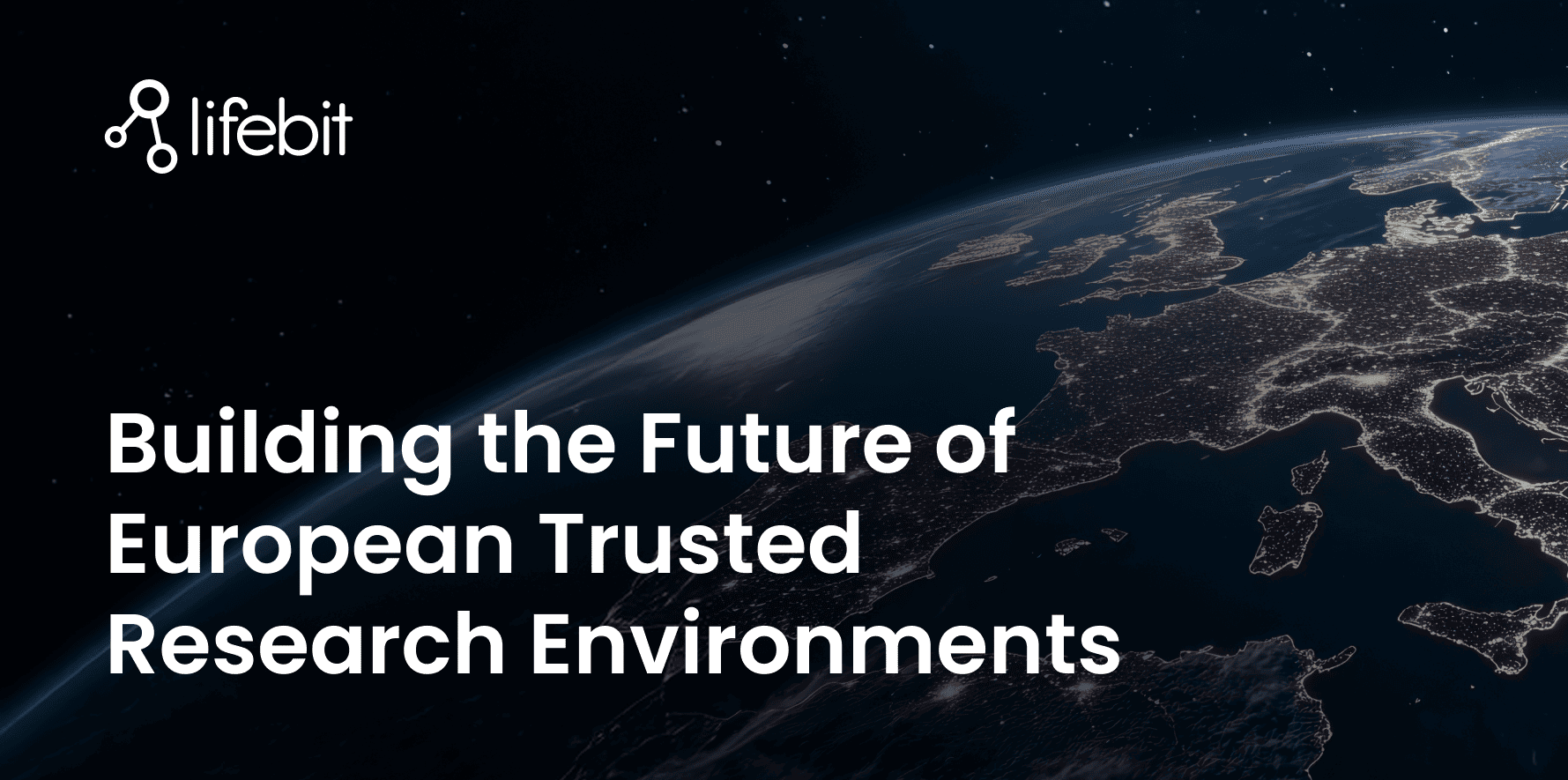
2025-03-26 11:17:46
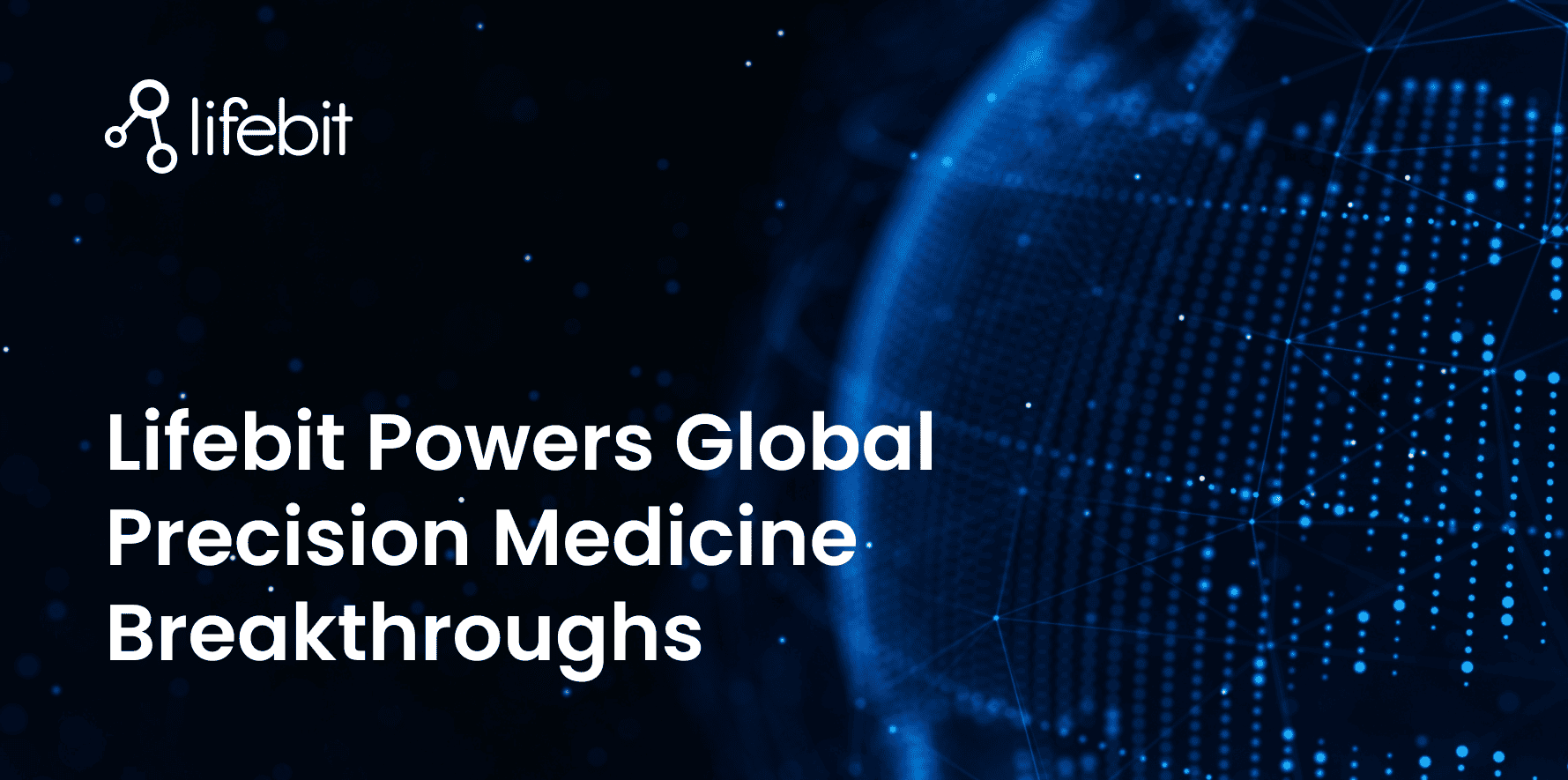
2025-03-14 15:45:18
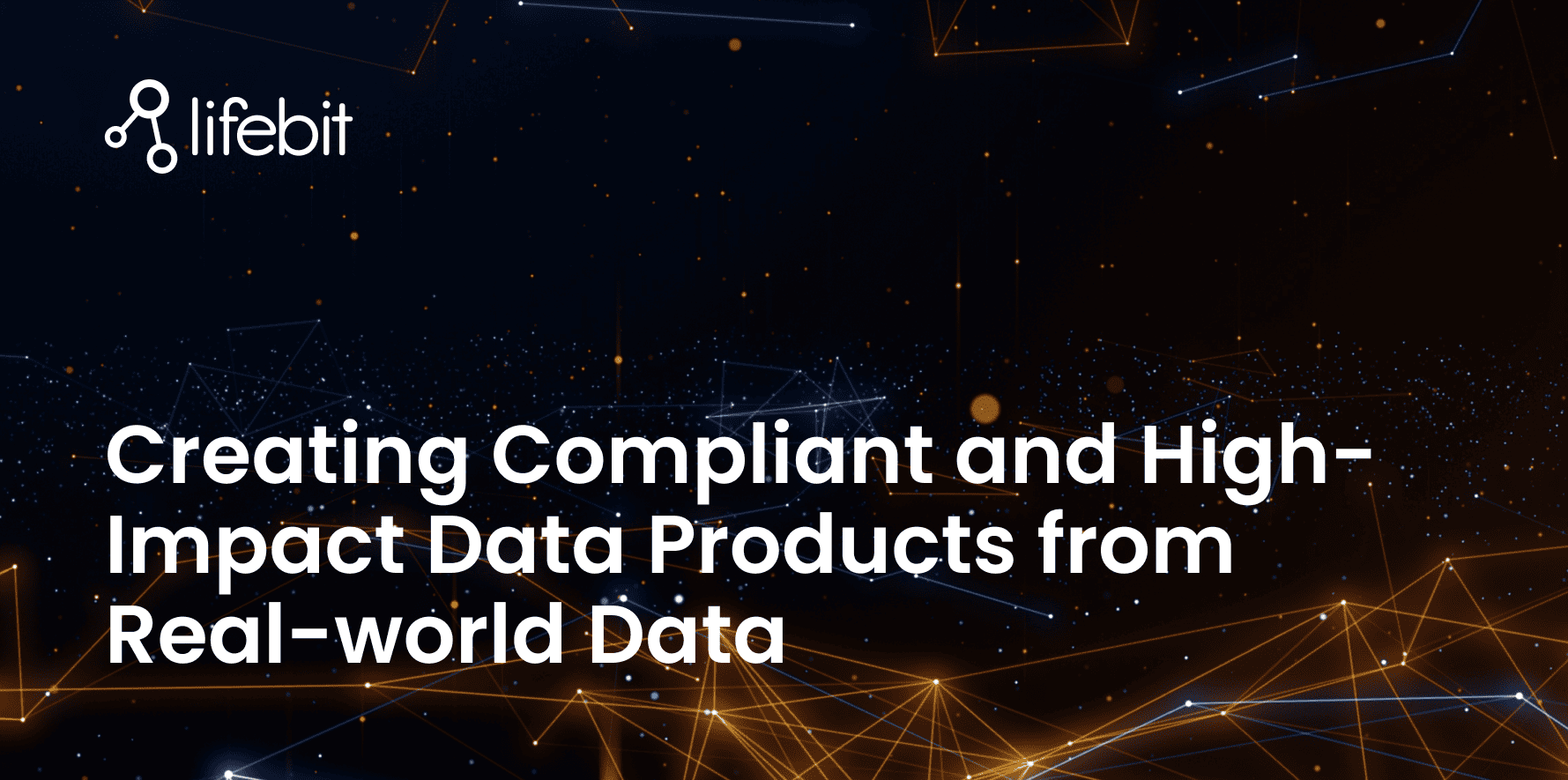
2025-03-05 12:49:53
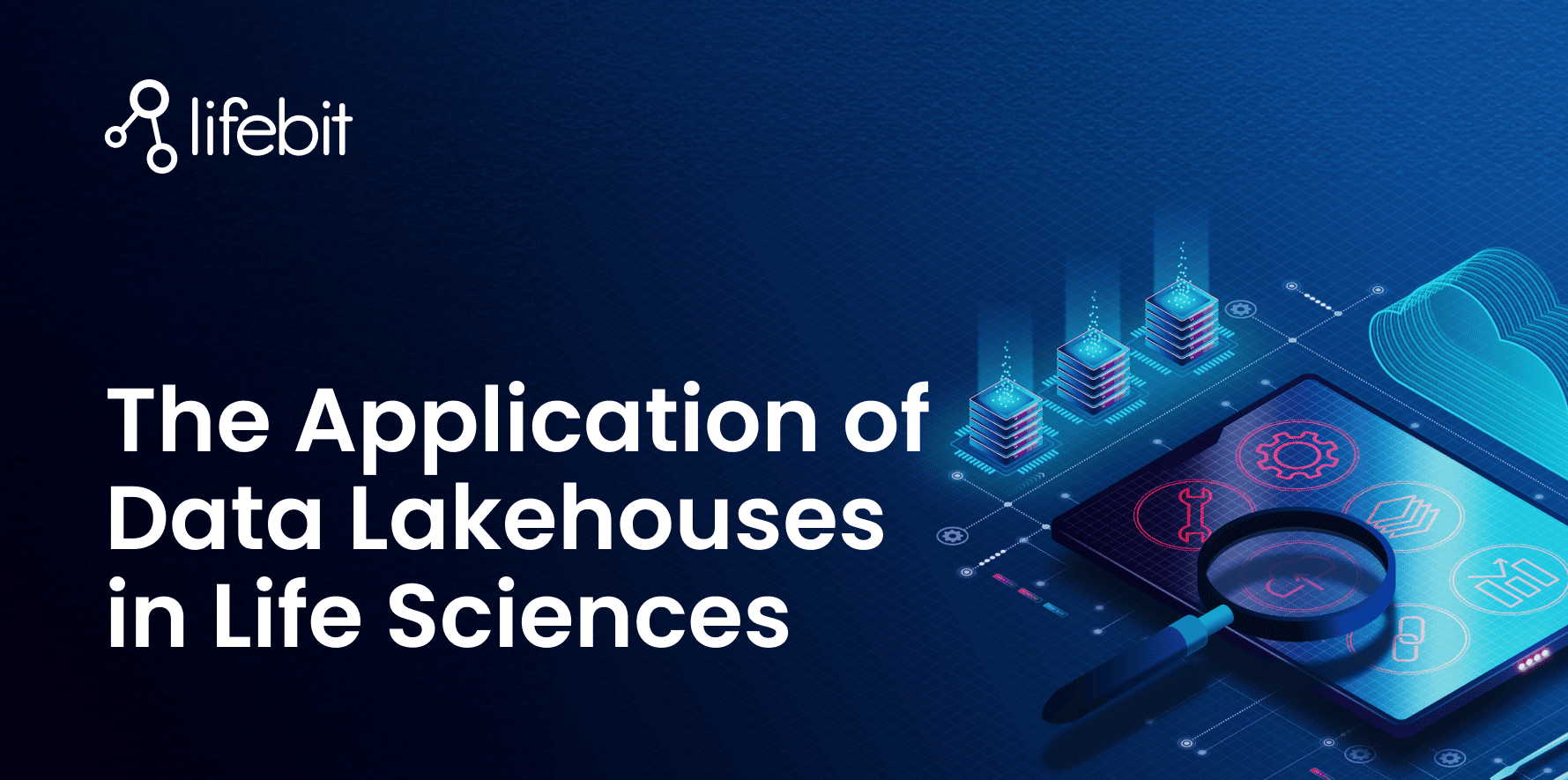
2025-02-27 10:00:00
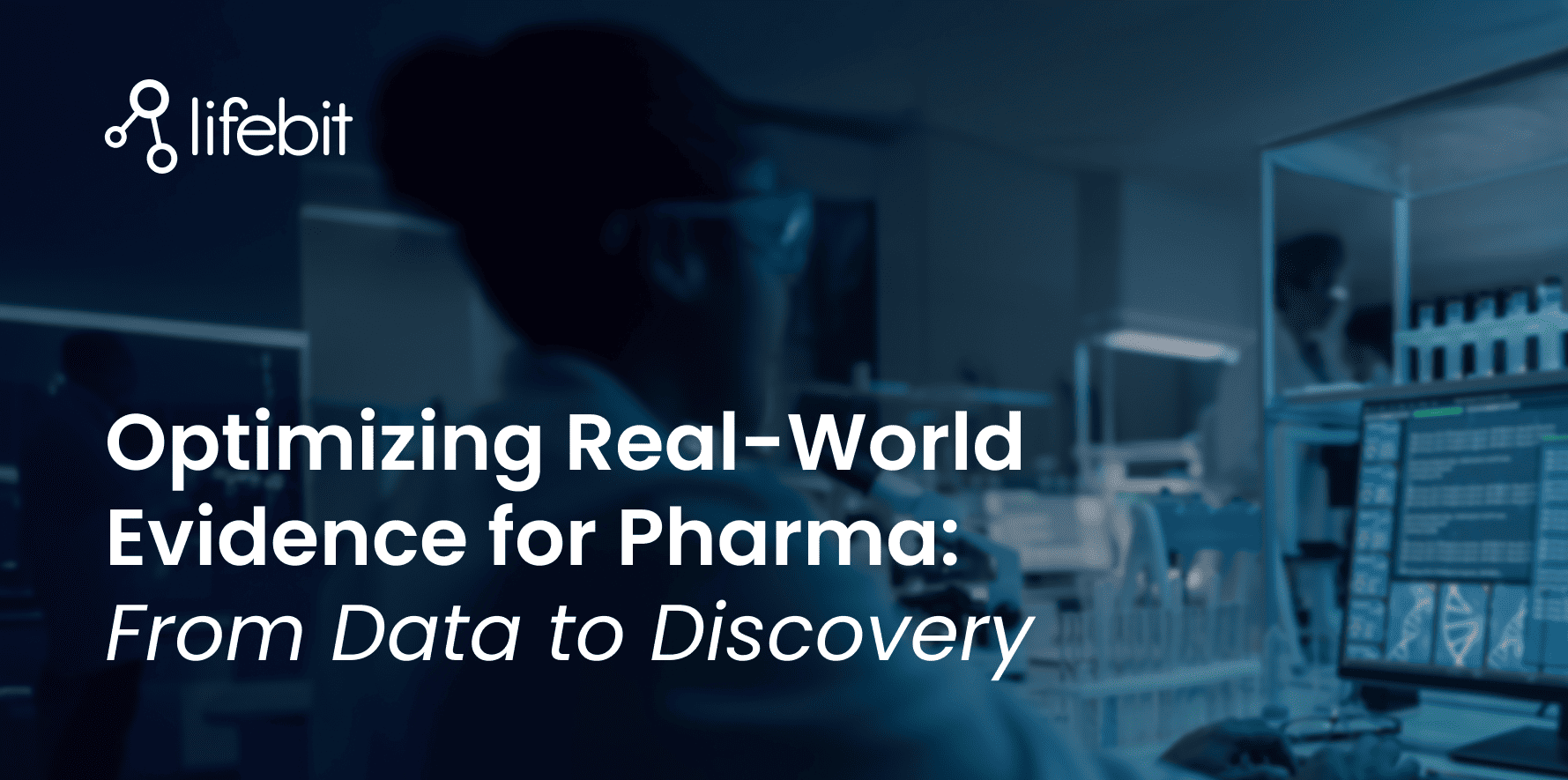
2025-02-19 13:30:24
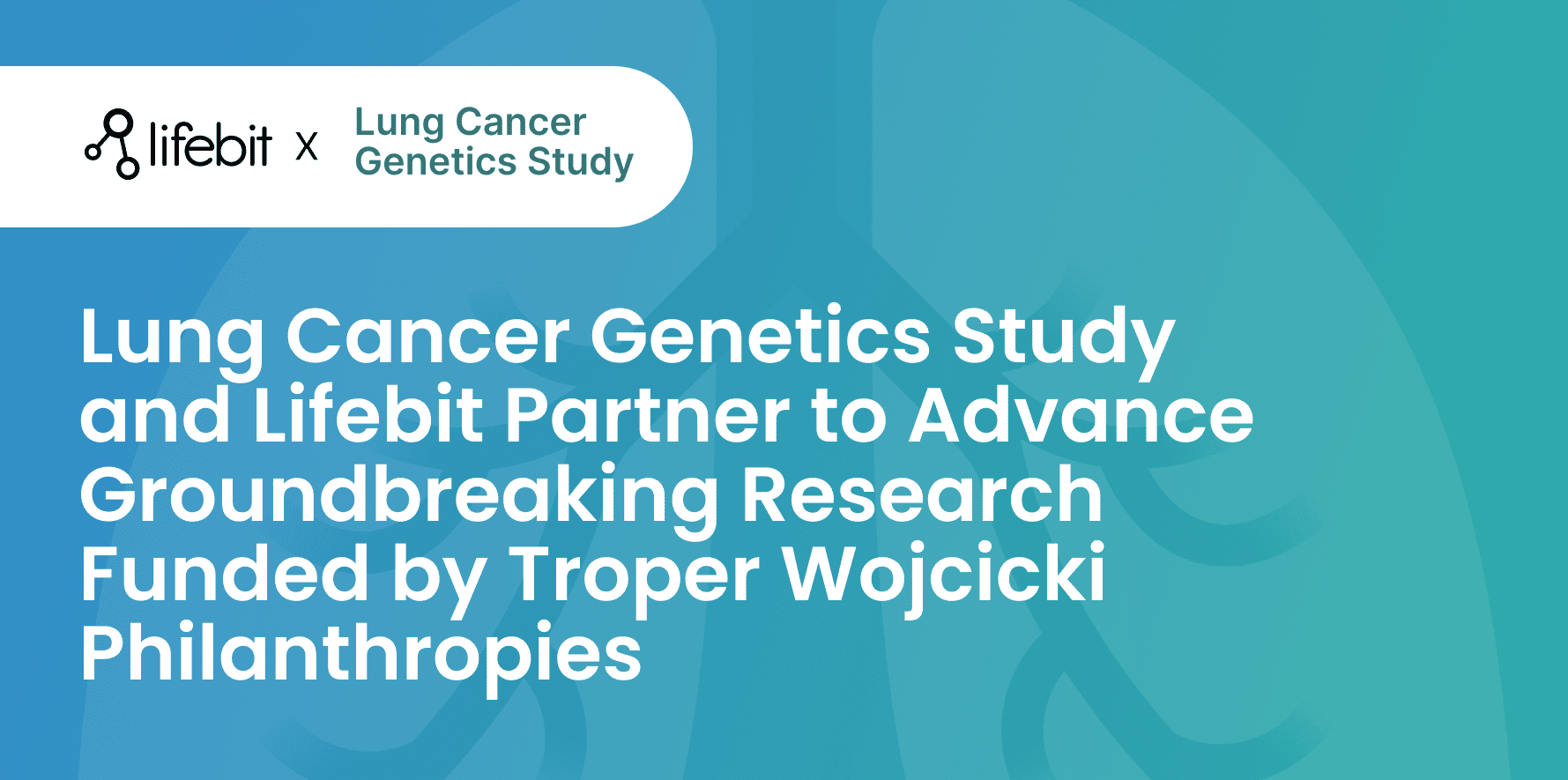
2025-02-11 08:39:49
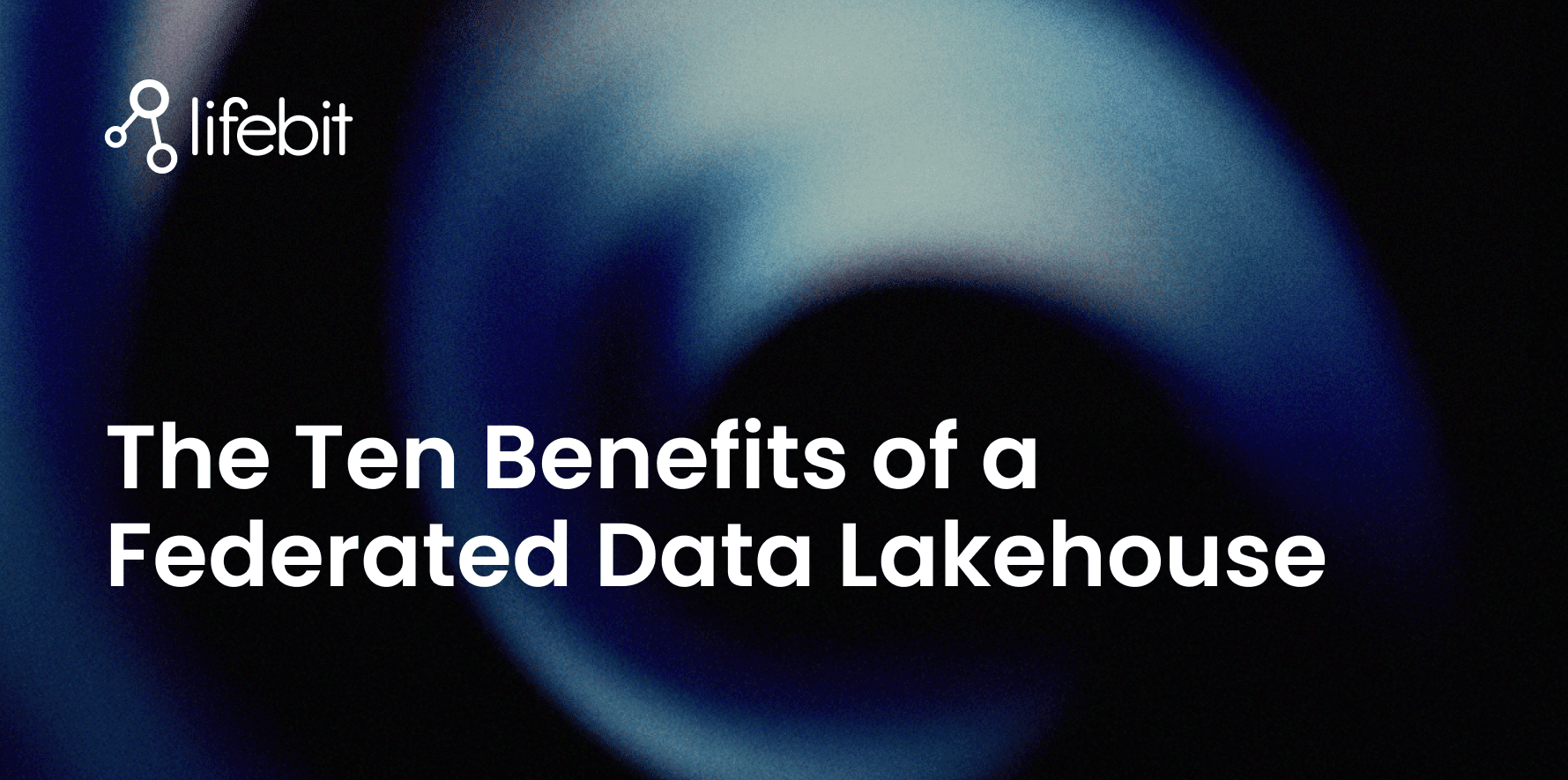
2025-01-30 12:47:38
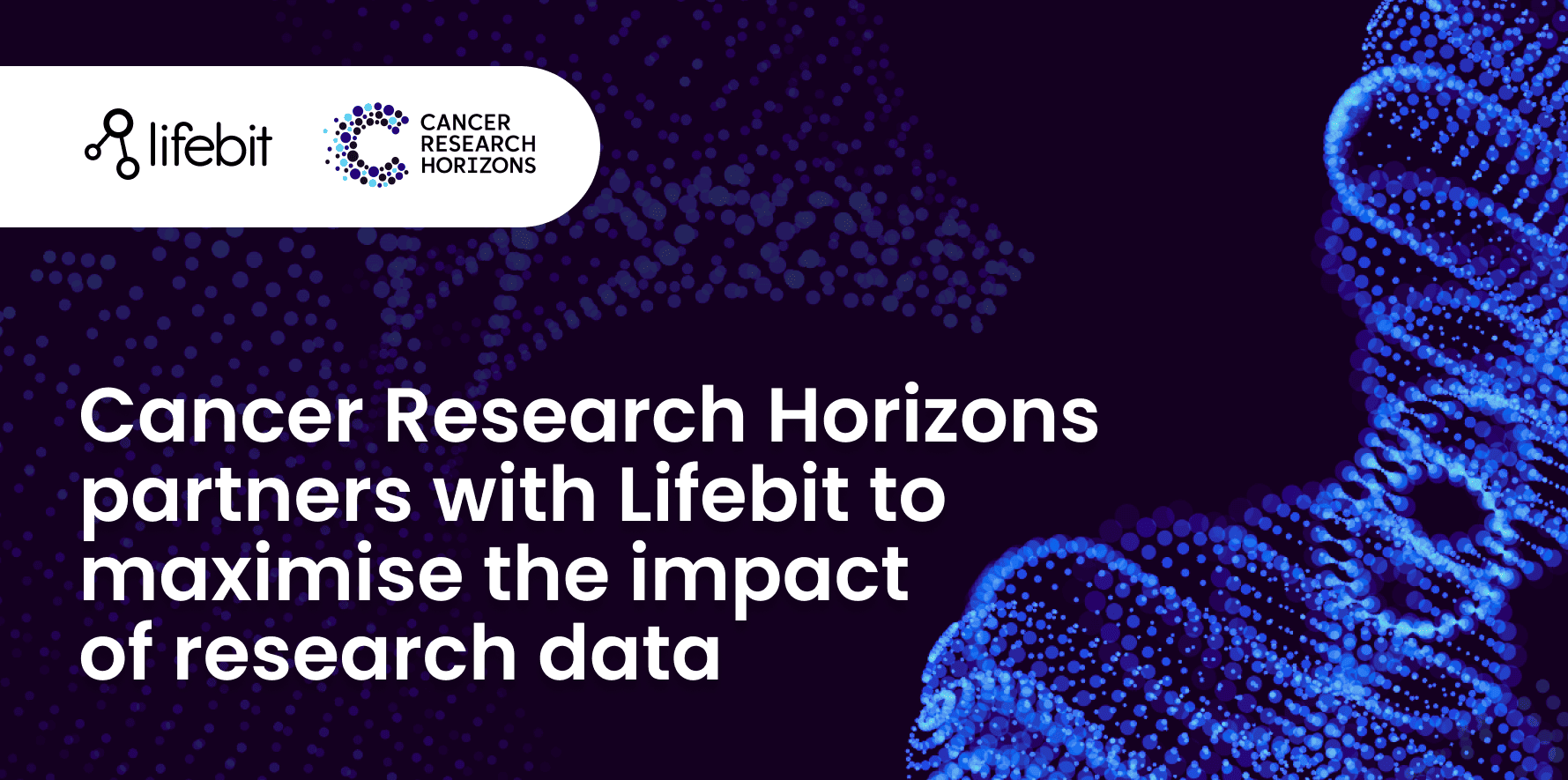
2025-01-28 08:00:00
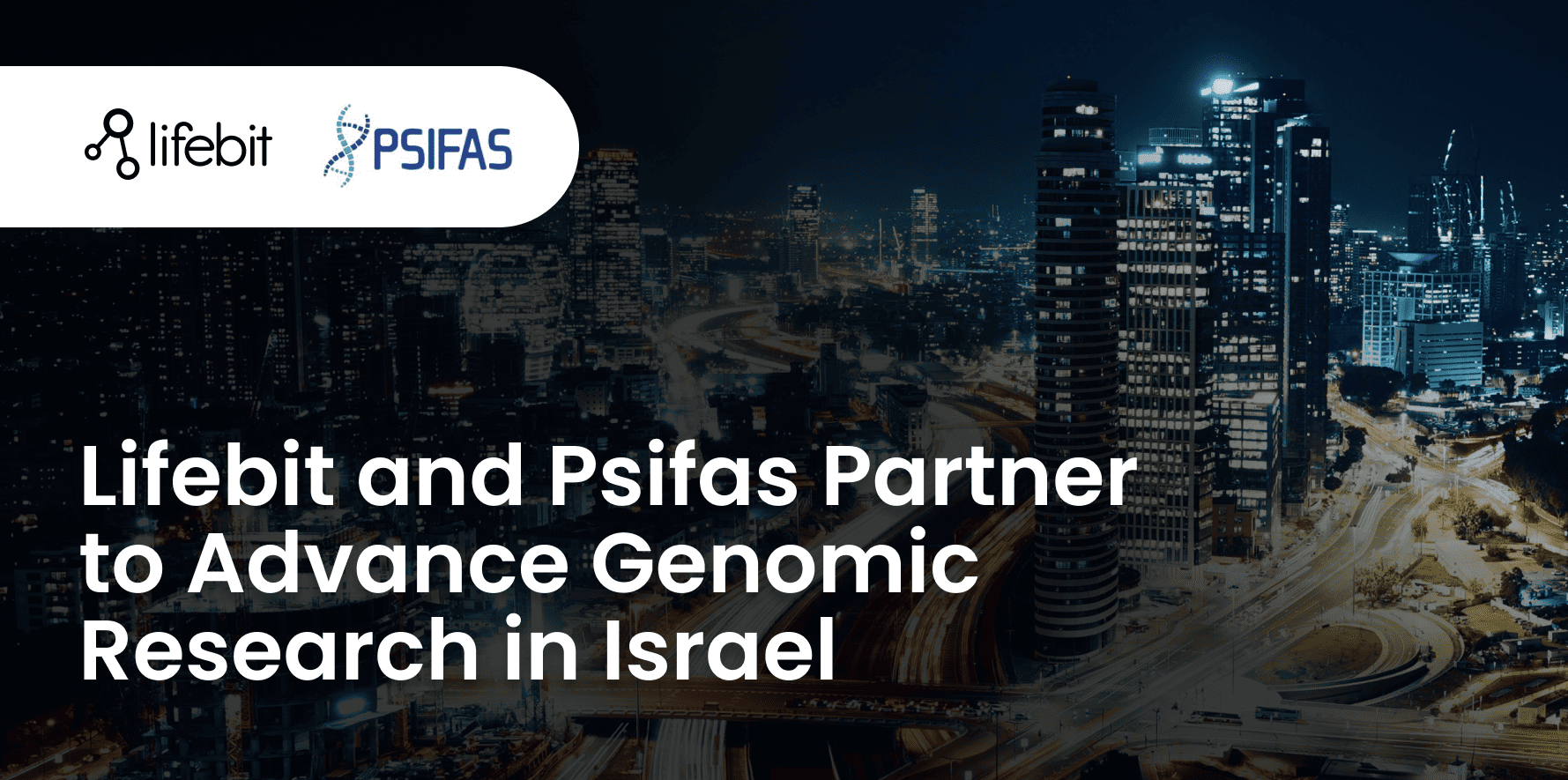
2025-01-23 09:07:20
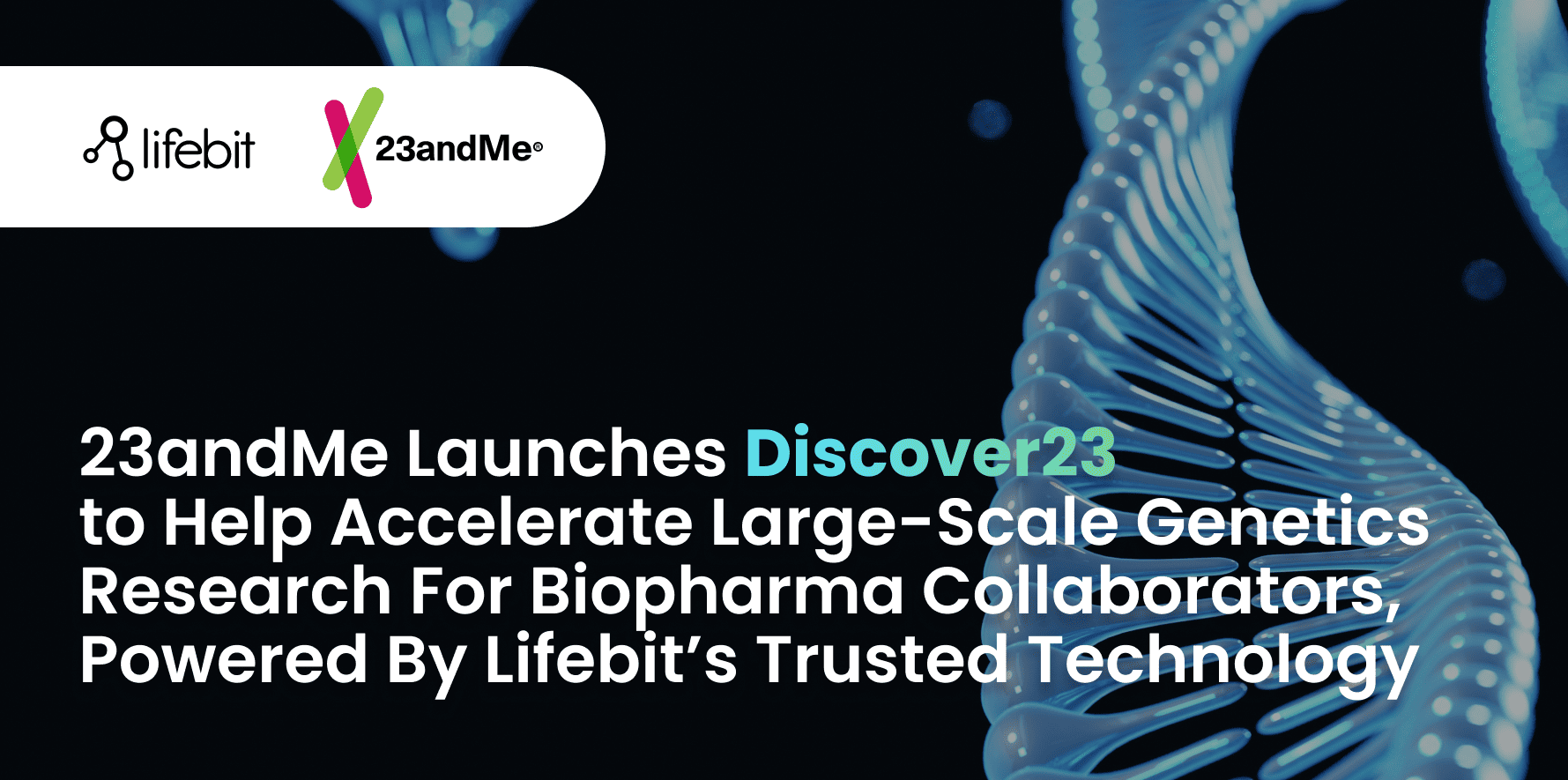
2025-01-08 13:58:41

.png)
